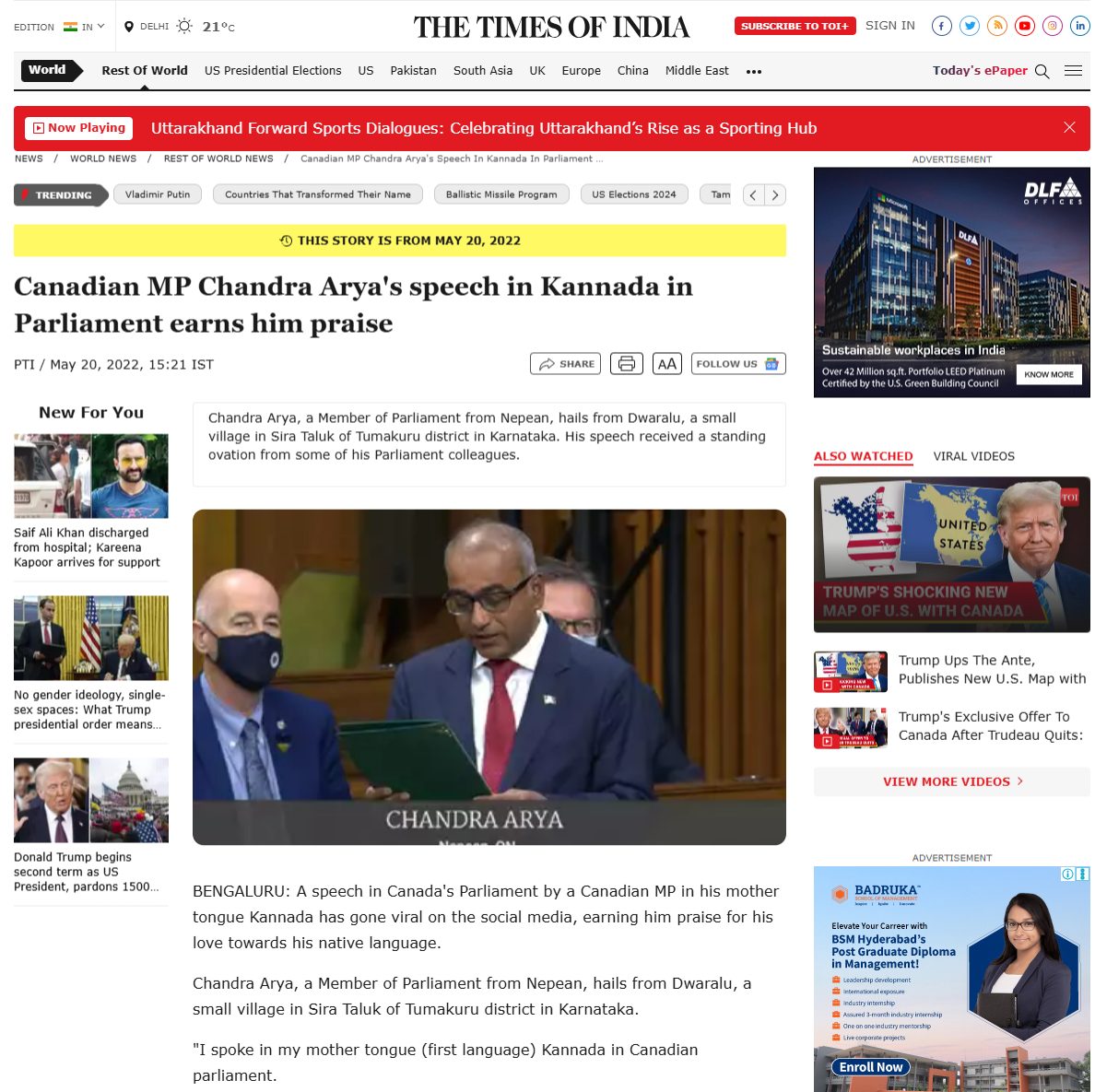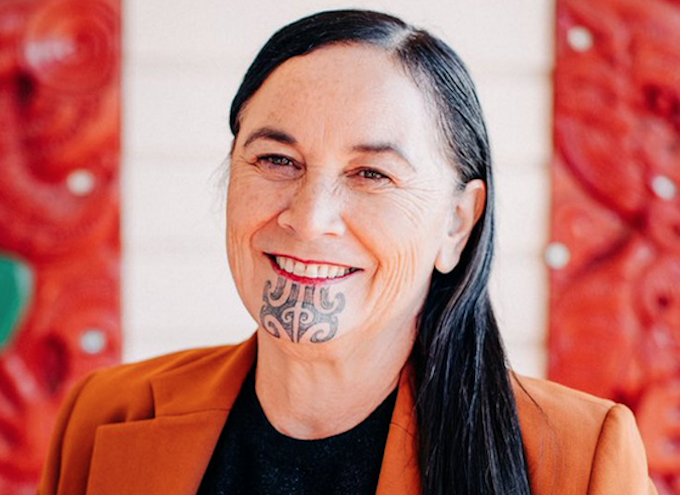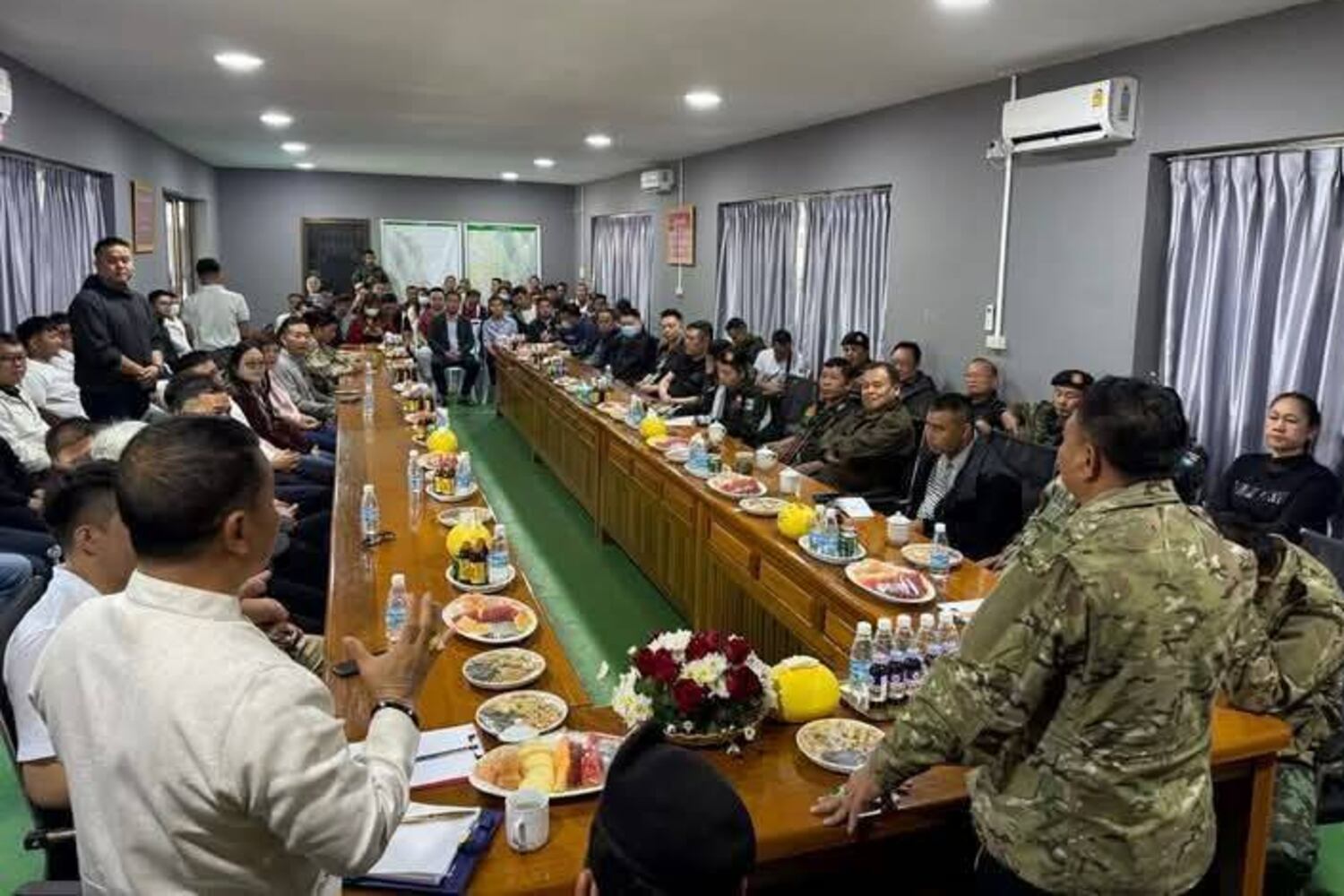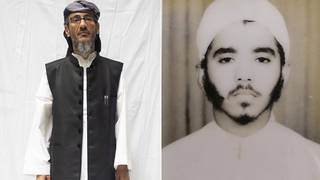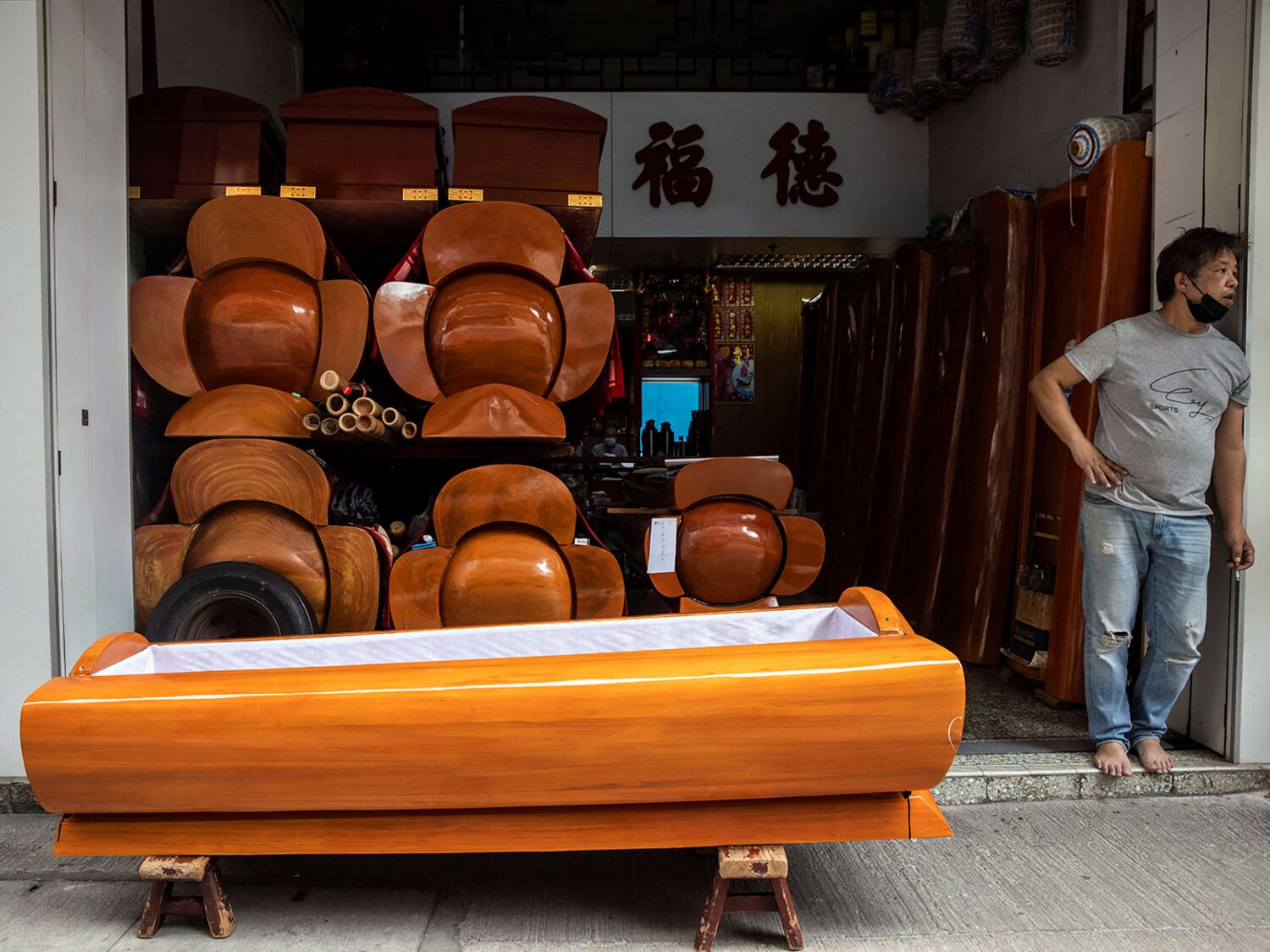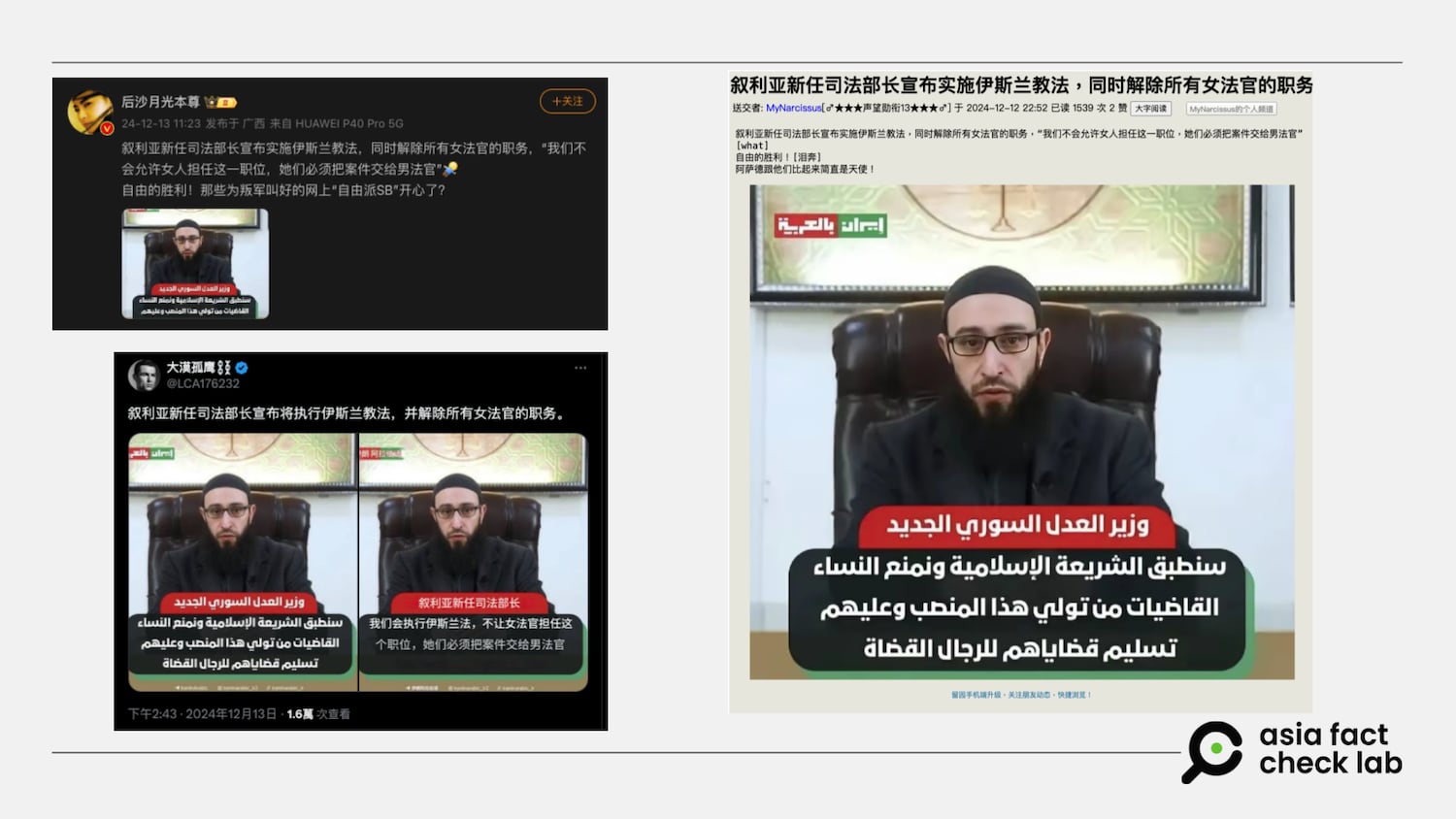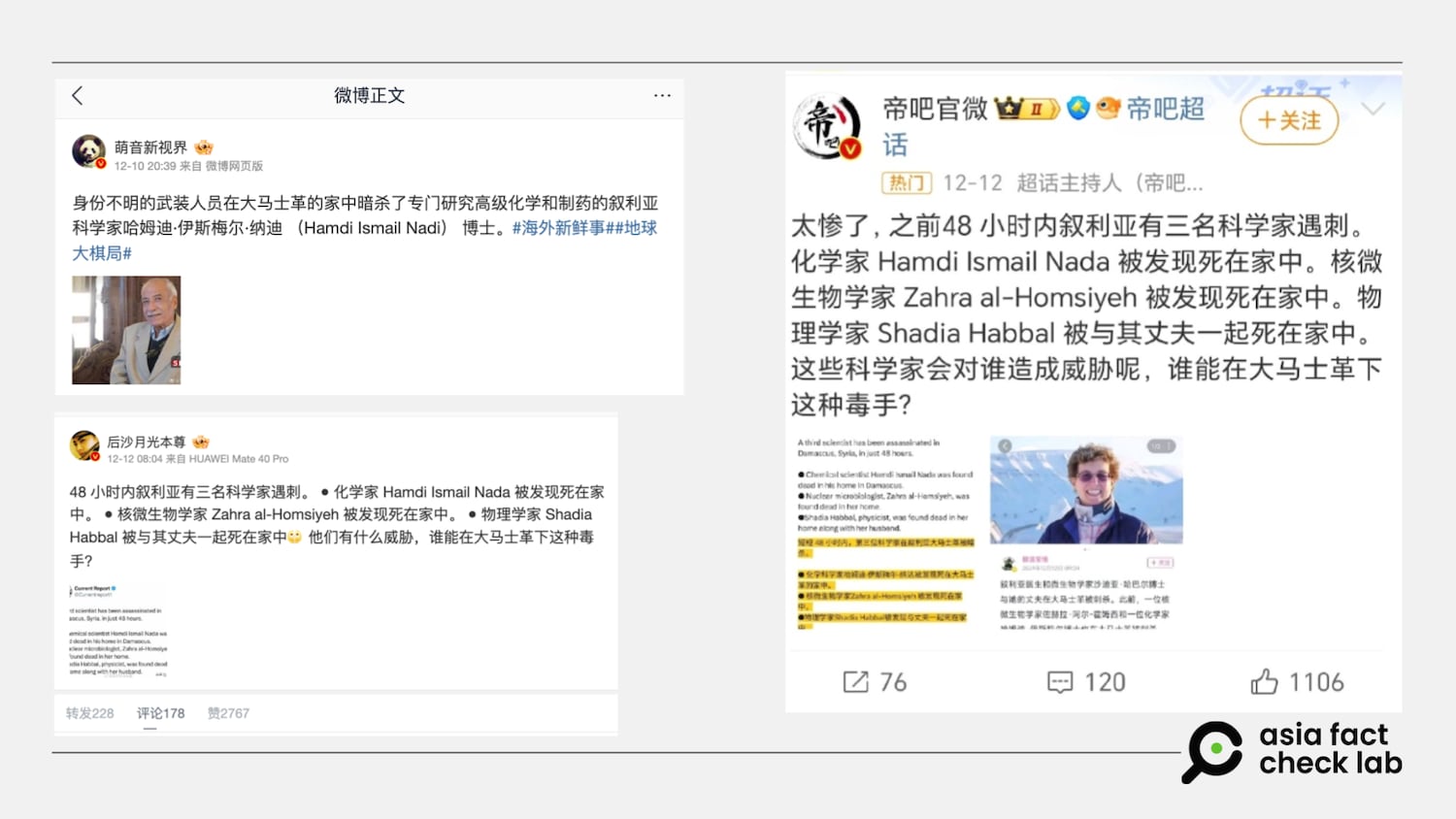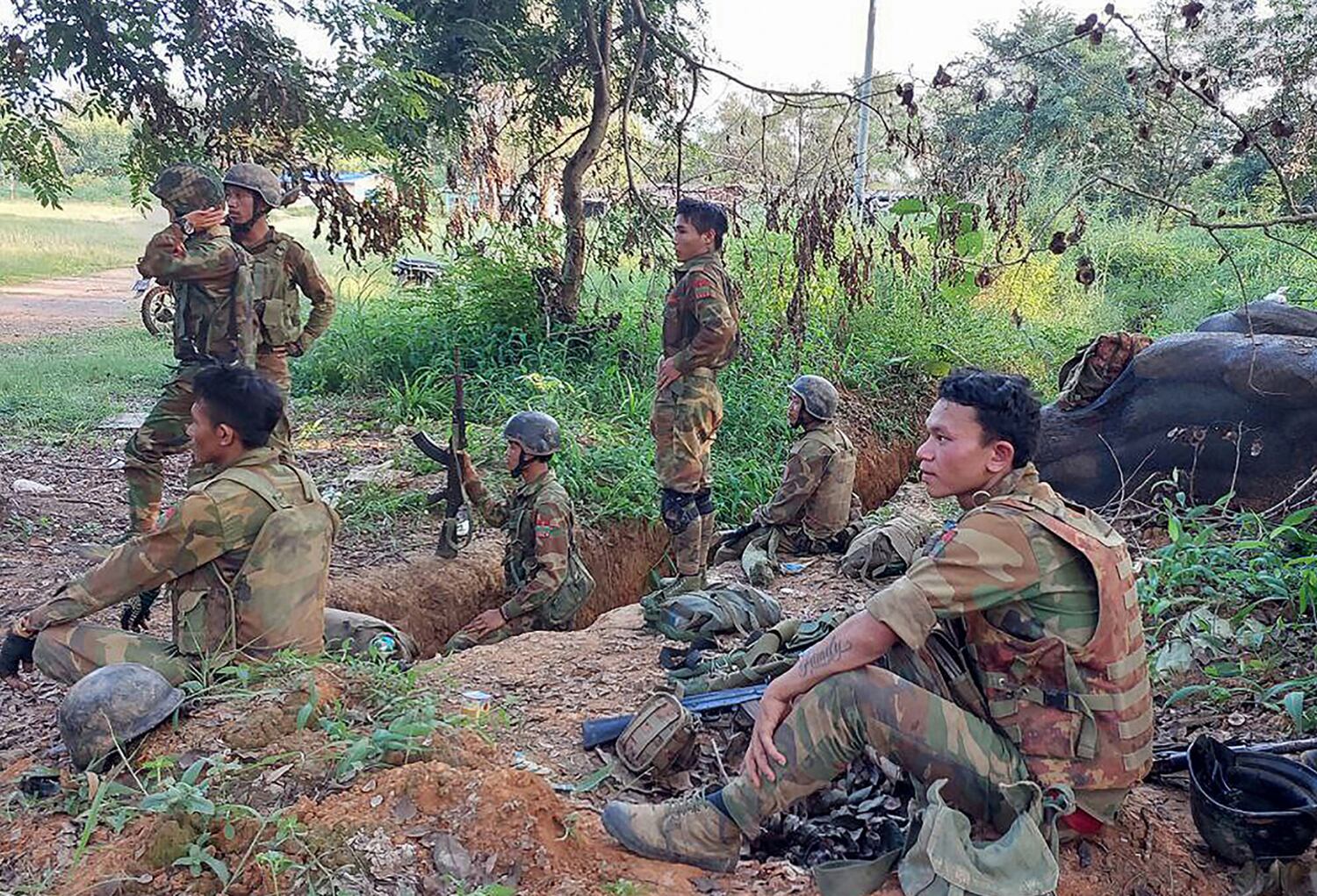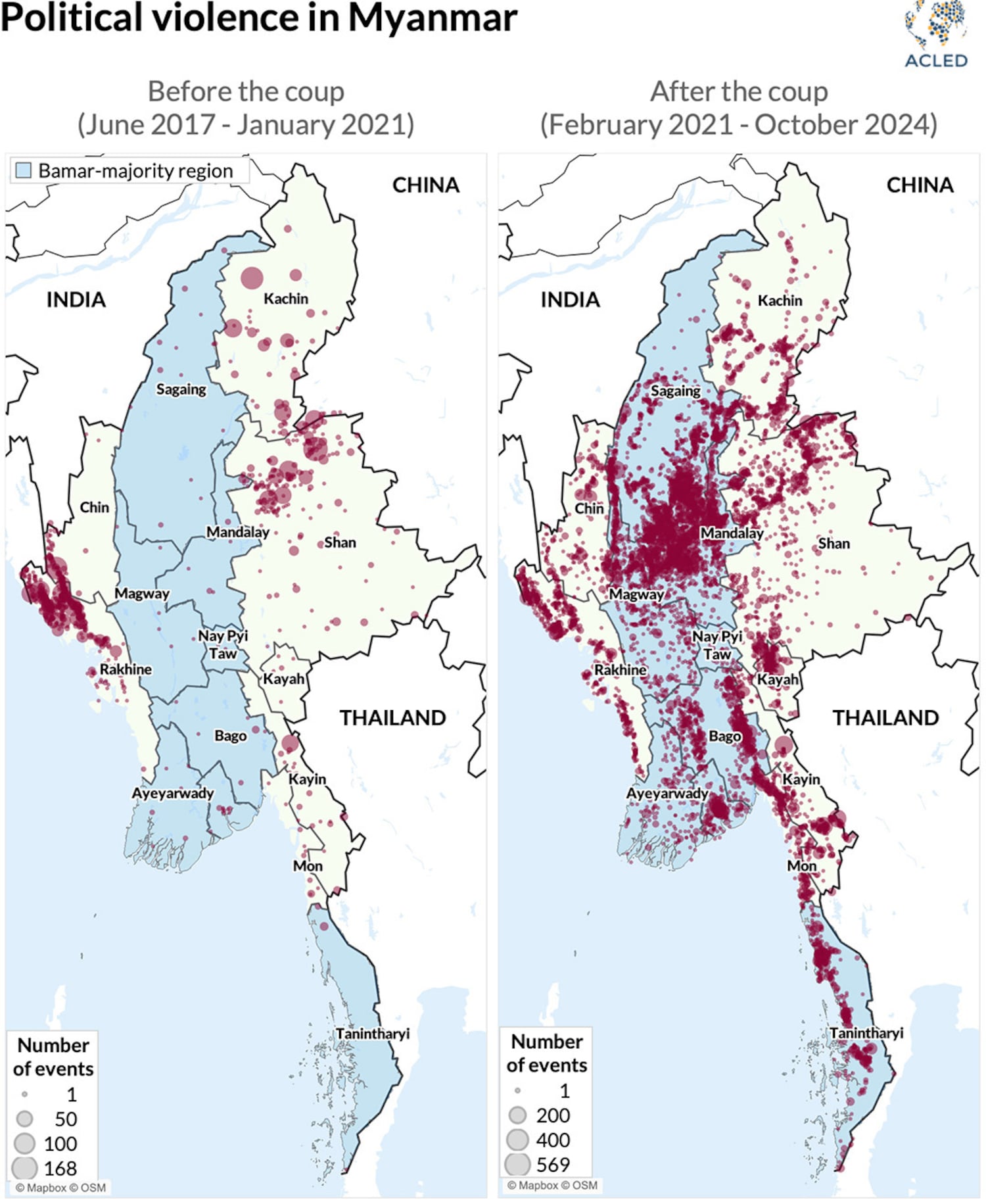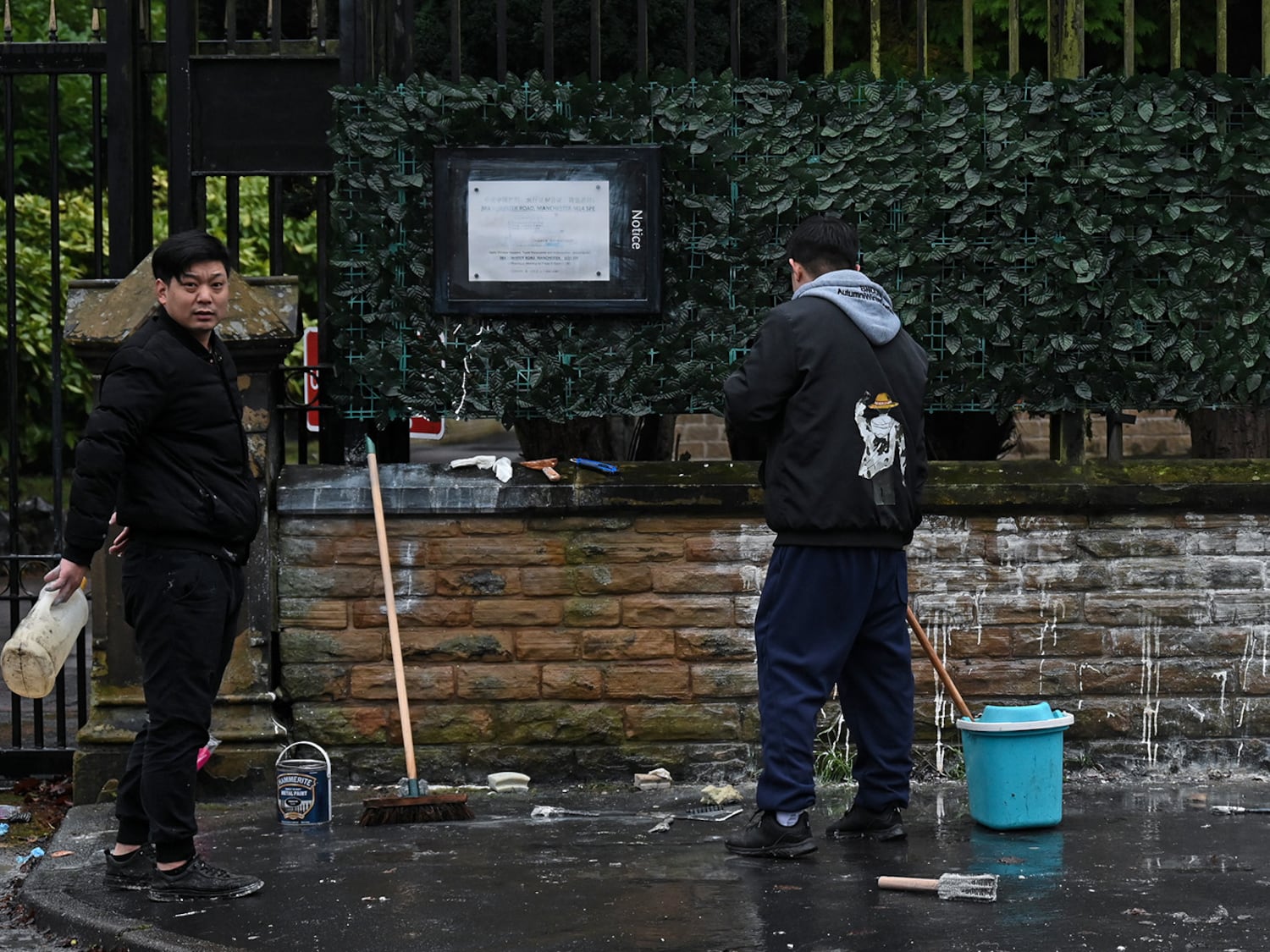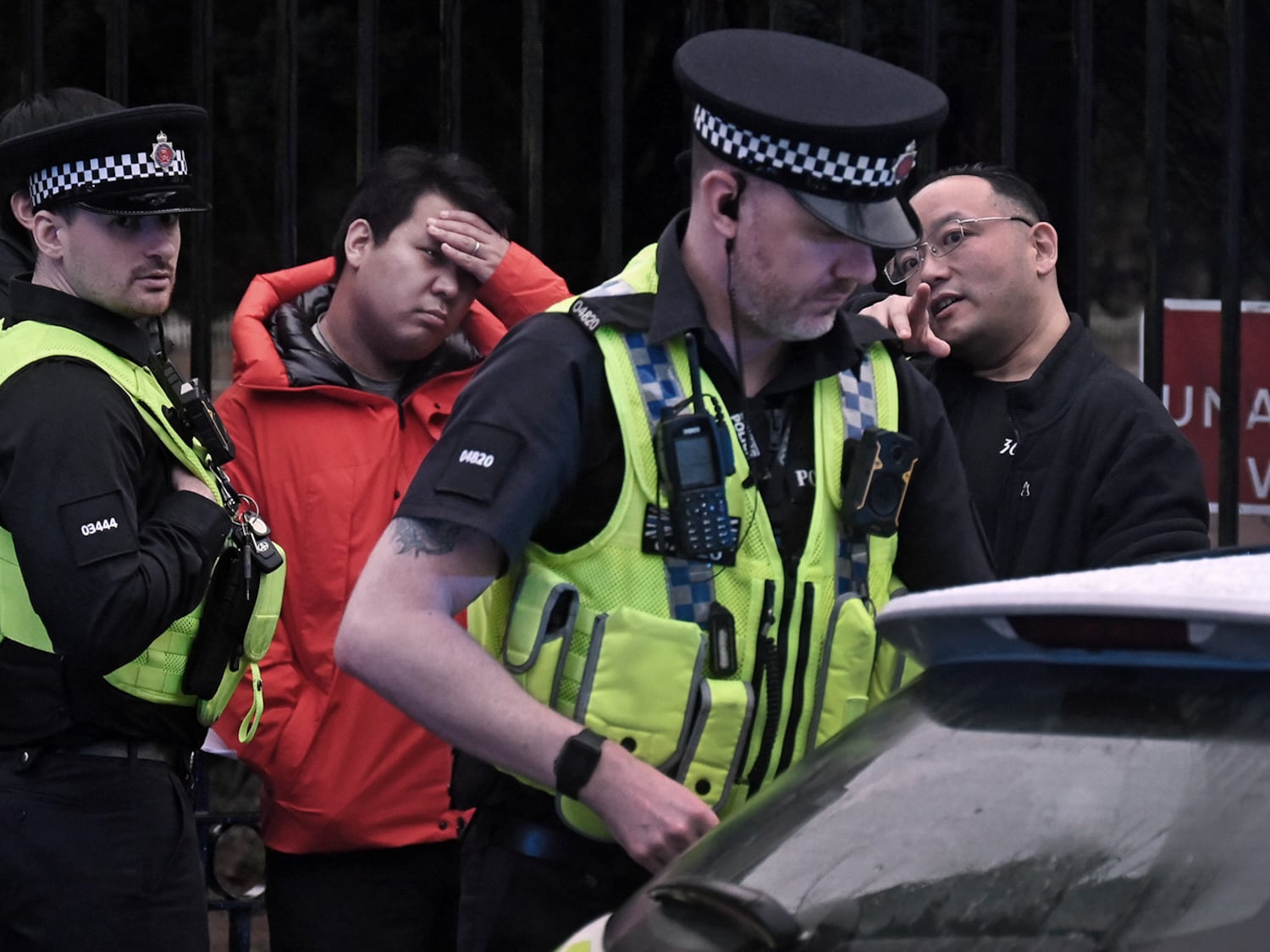Brussels, January 24, 2025–European Union officials and foreign ministers must seize the opportunity provided by the Gaza ceasefire at January 27’s Foreign Affairs Council meeting to ensure that a free press can prevail, the Committee to Protect Journalists said Friday.
CPJ urges the EU to call for independent investigations into the deliberate targeting of journalists during the 15-month war in Gaza, for international journalists to be granted independent access to the territory, and for Israel to reform laws that restrict press freedom.
“The EU cannot continue to turn a blind eye to strong evidence of crimes of international law and the decimation of a generation of Palestinian journalists,” said Tom Gibson, CPJ’s EU representative. “If accountability, justice, and access demands cannot be met, EU leaders must call for a suspension of the EU-Israel Association Agreement.”
The agreement sets out the EU’s legal and institutional framework for political dialogue and economic cooperation with Israel, including respect for human rights as an essential element.
The Israel-Gaza war has taken an unprecedented toll on journalists since October 7, 2023, with at least 167 journalists and media workers killed, overwhelmingly in Gaza. It has been the deadliest period for journalists since CPJ began gathering data in 1992.
According to CPJ’s investigations, at least 11 journalists and two media workers were directly targeted by Israeli forces; the deliberate targeting of civilians is a war crime under international law.
CPJ has documented multiple other abuses in Gaza, the West Bank, Israel, and Lebanon, that require investigation, including assaults, threats, and allegations of torture during the war. Israel was the world’s second-worst jailer of journalists in CPJ’s latest annual prison census, with 43 Palestinian journalists in Israeli custody on December 1, 2024.
At least 10 journalists are being held indefinitely without charge in the West Bank. The EU should join the repeated calls by U.N. special mandate holders for Israel to end this practice, which the U.N. Working Group on Arbitrary Detention has repeatedly found unlawful.
Throughout the war, Israel has obstructed and punished media coverage and banned international reporters from Gaza, except for on rare trips with the military. Israel must revoke its censorship laws, including one used to ban Al Jazeera and retaliatory directives against domestic media. Israeli, Egyptian, and Palestinian authorities must immediately allow unconditional access for all journalists to enter and operate in Gaza.
The European Union must be true to its values and support these demands.
This content originally appeared on Committee to Protect Journalists and was authored by Committee to Protect Journalists.
This post was originally published on Radio Free.

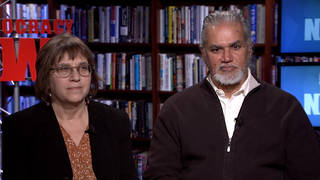

 he hails from Tumkur in Karnataka
he hails from Tumkur in Karnataka 